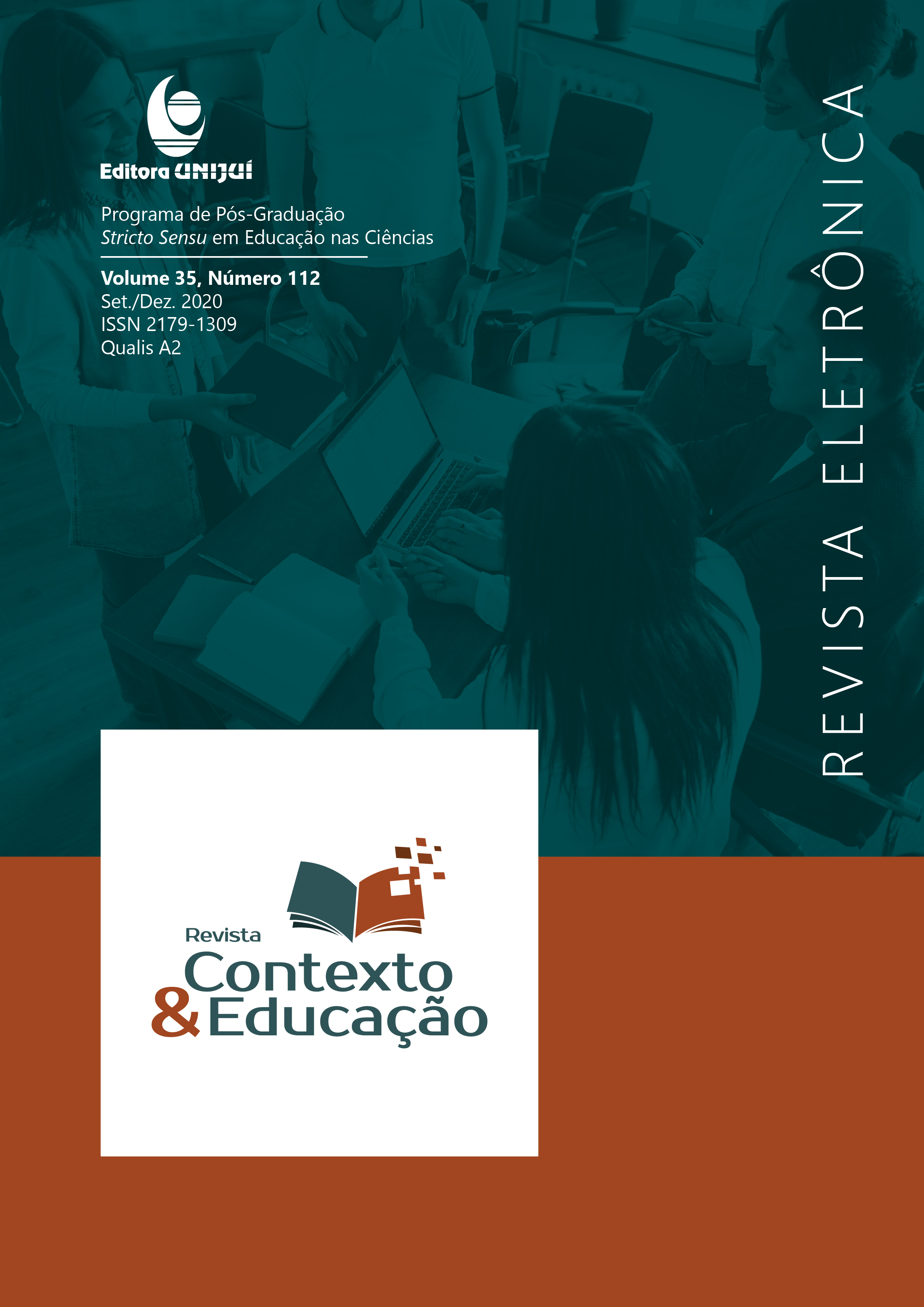CHRONOS OU KAIRÓS? QUAL É O “TEMPO” DE FORMAÇÃO NOS CURSOS TÉCNICOS INTEGRADOS AO ENSINO MÉDIO NOS INSTITUTOS FEDERAIS DE EDUCAÇÃO CIÊNCIA E TECNOLOGIA- IFS?
DOI:
https://doi.org/10.21527/2179-1309.2020.112.45-65Abstract
O estudo tem por objetivo principal, verificar se há evidências significativas da influência da quantidade de carga horária total e ou duração em anos nos índices de eficiência acadêmica, e na perspectiva do currículo integrado e da formação integral, nos cursos de Ensino Médio Integrado. Pesquisa, em 57,9% dos 38 Institutos Federais, 40% do total dos cursos de Ensino Médio Integrado ofertados nos IFs até dezembro de 2018. Estabelece comparações com base nos índices oficiais de eficiência acadêmica nos IFs e contextualiza os limites e alcances da discussão. Apresenta e discute as problemáticas a serem respondidas para a definição da duração dos cursos de educação profissional integrados ao ensino médio. Os resultados da pesquisa apontam reflexões consistentes para o aprofundamento do estudo sobre o tema na organização curricular dos cursos dessa natureza e apresenta indícios consistentes de que nos cursos com maior duração os estudantes tendem a ter maior evasão e ou reprovação.
Downloads
Published
How to Cite
Issue
Section
License
By publishing in Revista Contexto & Educação, authors agree to the following terms:
All works are published under the Creative Commons Attribution 4.0 International License (CC BY 4.0), which allows:
Sharing — to copy and redistribute the material in any medium or format;
Adaptation — to remix, transform, and build upon the material for any purpose, even commercially.
These permissions are irrevocable, provided that the following terms are respected:
Attribution — authors must be properly credited, a link to the license must be provided, and any changes made must be indicated.
No additional restrictions — no legal or technological measures may be applied that legally restrict others from doing anything the license permits.
Notices:
The license does not apply to elements that are in the public domain or covered by legal exceptions.
The license does not grant all necessary rights for specific uses (e.g., image rights, privacy, or moral rights).
The journal is not responsible for the opinions expressed in the articles, which are the sole responsibility of the authors. The Editor, with the support of the Editorial Board, reserves the right to suggest or request modifications when necessary.
Only original scientific articles presenting research results of interest that have not been previously published or simultaneously submitted to another journal with the same purpose will be accepted.
Mentions of trademarks or specific products are intended solely for identification purposes and do not imply any promotional relationship by the authors or the journal.
License Agreement (for articles published from October 2025): Authors retain the copyright to their article and grant Revista Contexto & Educação the right of first publication.


